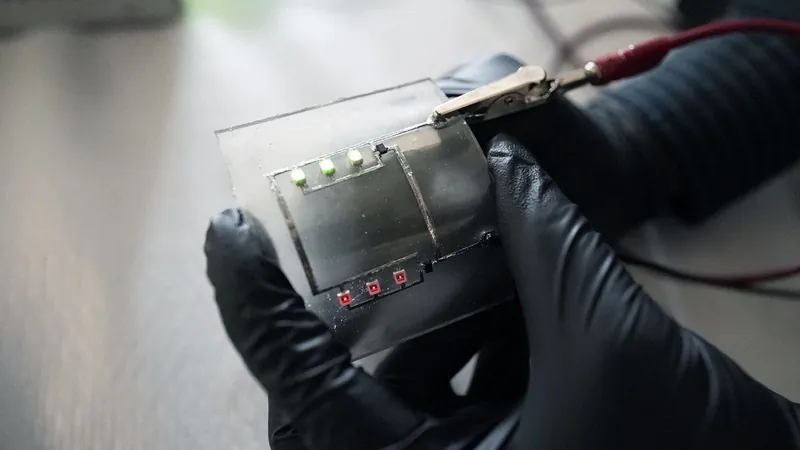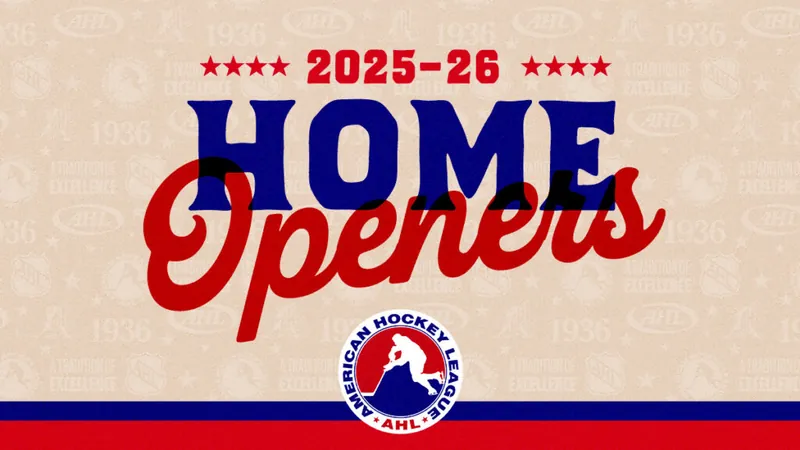
Astrobee's New Skills: Revolutionizing Cargo Transport in Space with Cutting-Edge Simulation
2025-05-19
Author: Jacob
NASA's Astrobee: The Future of Space Logistics
Meet Astrobee, NASA's innovative fleet of robotic cube-shaped companions designed to assist astronauts aboard the International Space Station (ISS). Originally created to automate daily tasks, Astrobee now aims to tackle a new frontier: the delicate art of cargo manipulation.
Overcoming a Major Hurdle: Deformable Cargo Handling
Despite its potential, Astrobee has faced challenges when it comes to handling soft and deformable items, like the cargo bags it will encounter in space. Researchers from Stanford University, University of Cambridge, and NASA Ames have come together to tackle this issue by creating Pyastrobee, an open-source simulation environment that trains Astrobee to transport cargo with ease.
Revolutionizing Training with Pyastrobee
The Pyastrobee platform provides a sophisticated simulation of the ISS while integrating complex physics to model how cargo bags deform when manipulated by robots. "We've built a unique simulation that accurately represents the ISS and accounts for deformable cargo," stated Daniel Morton, lead author of the study. This allows them to experiment with different strategies to enhance Astrobee’s ability to navigate without colliding with other objects.
A Glimpse into the Future of Autonomous Space Missions
With an eye on future space stations that might not always be crewed, Astrobee’s capabilities are essential for autonomous operations, such as restocking supplies. Morton emphasized the importance of finding effective solutions for this autonomous support: "Astrobee needs to master the movement and manipulation of cargo bags, which is no small feat."
Harnessing Reinforcement Learning for Improved Performance
Through the integration of reinforcement learning tools like Gymnasium and Stable Baselines, the research team aims to test various cutting-edge object manipulation strategies in a real-world context. Their early findings suggest that using a simulator-in-the-loop model-predictive controller (MPC) is a promising avenue for effectively managing Astrobee's interactions with cargo.
Open-Source Access and Future Prospects
Aspiring engineers and students can get involved in this groundbreaking work as the Pyastrobee simulation is open-source and available on GitHub. Morton expressed excitement about future enhancements to make Astrobee even more efficient, particularly the potential for multiple Astrobees to work together, which could significantly improve stability during cargo transport.
Conclusion: A New Era for Space Robotics
With each advancement, Astrobee inches closer to revolutionizing how cargo is handled in the vastness of space, paving the way for smarter, more autonomous missions beyond Earth.









 Brasil (PT)
Brasil (PT)
 Canada (EN)
Canada (EN)
 Chile (ES)
Chile (ES)
 Česko (CS)
Česko (CS)
 대한민국 (KO)
대한민국 (KO)
 España (ES)
España (ES)
 France (FR)
France (FR)
 Hong Kong (EN)
Hong Kong (EN)
 Italia (IT)
Italia (IT)
 日本 (JA)
日本 (JA)
 Magyarország (HU)
Magyarország (HU)
 Norge (NO)
Norge (NO)
 Polska (PL)
Polska (PL)
 Schweiz (DE)
Schweiz (DE)
 Singapore (EN)
Singapore (EN)
 Sverige (SV)
Sverige (SV)
 Suomi (FI)
Suomi (FI)
 Türkiye (TR)
Türkiye (TR)
 الإمارات العربية المتحدة (AR)
الإمارات العربية المتحدة (AR)